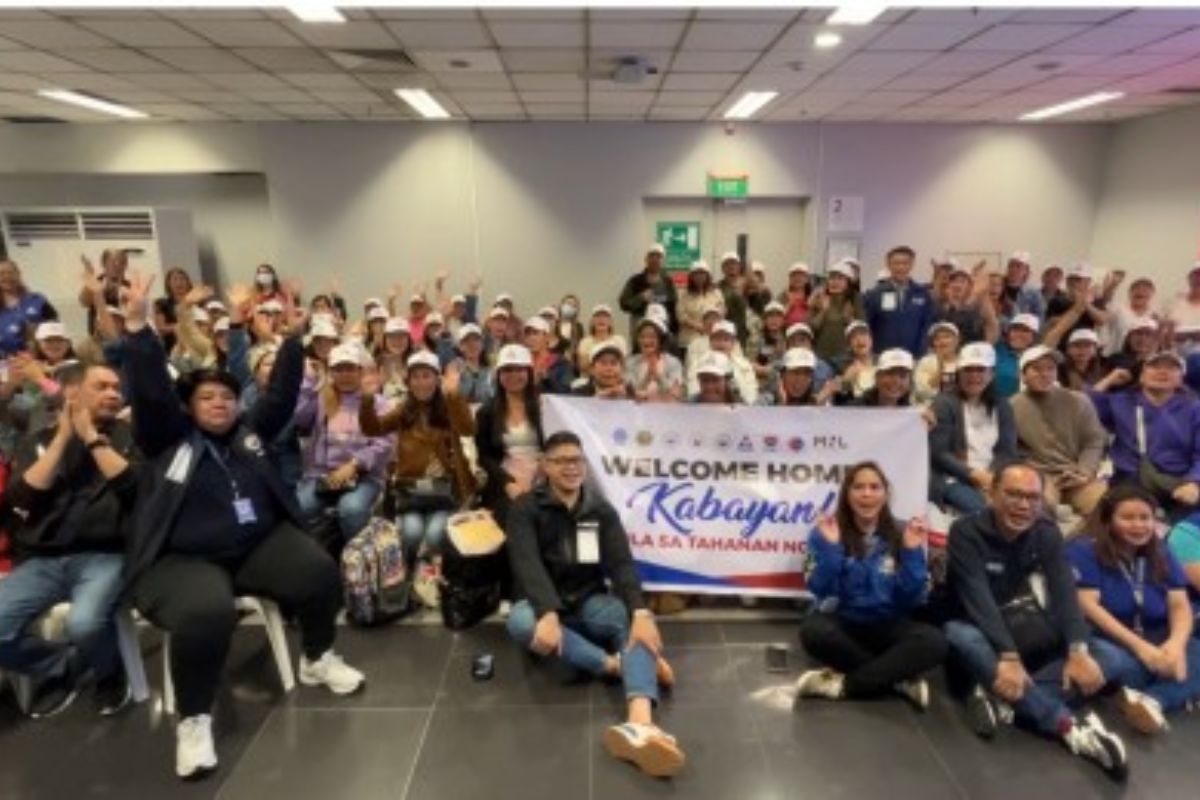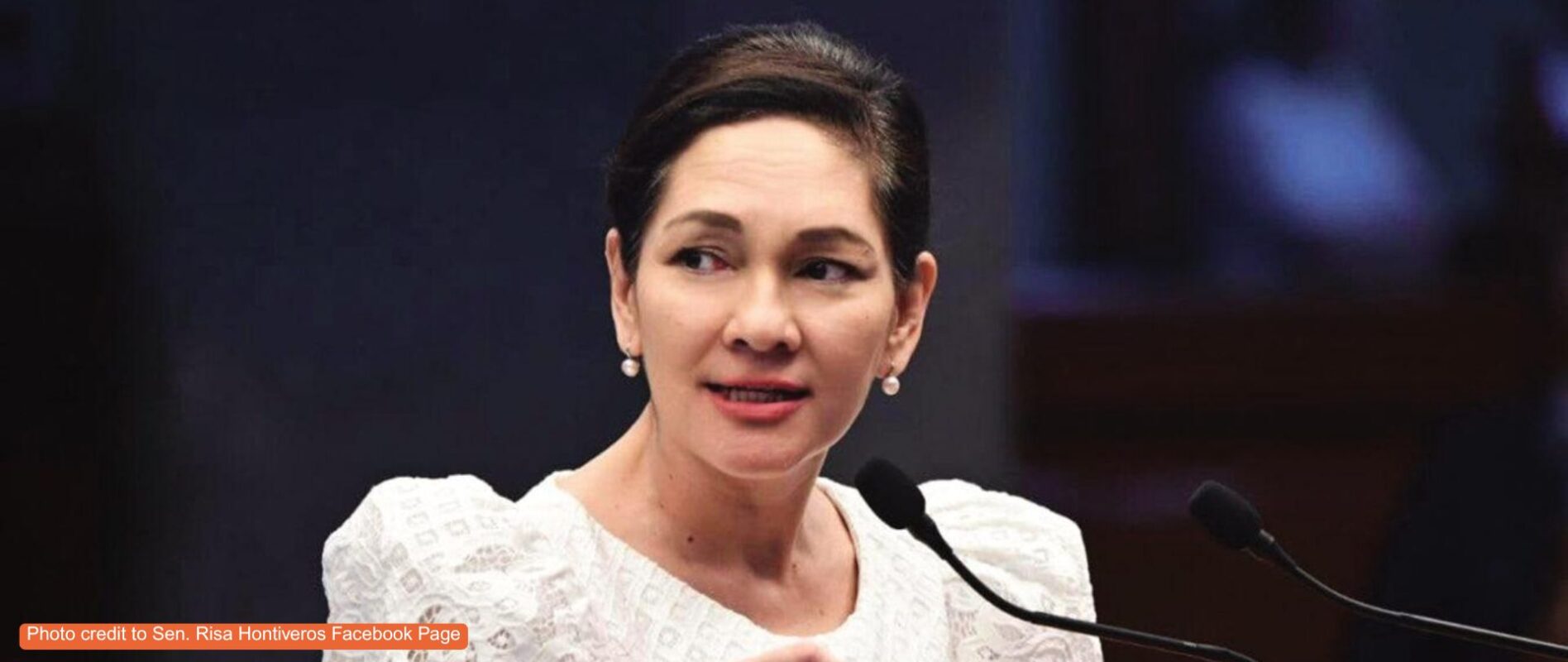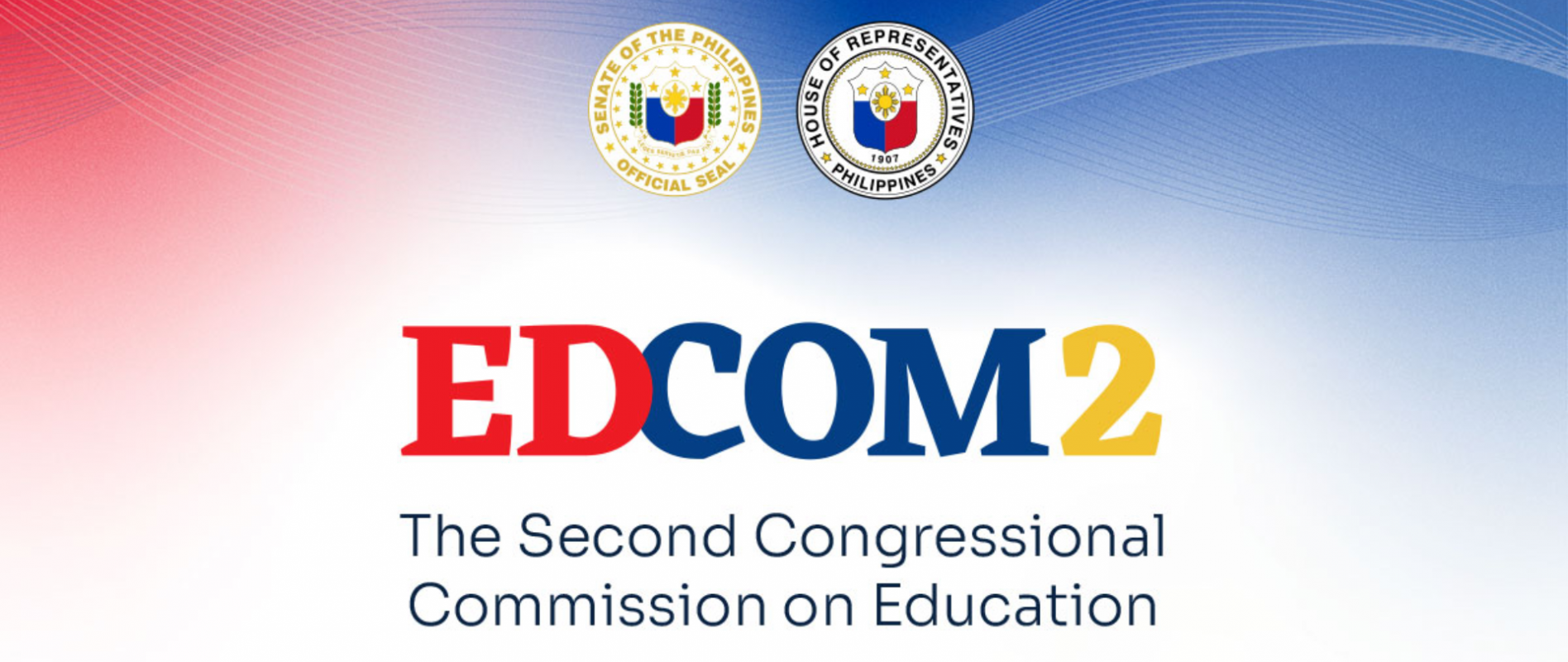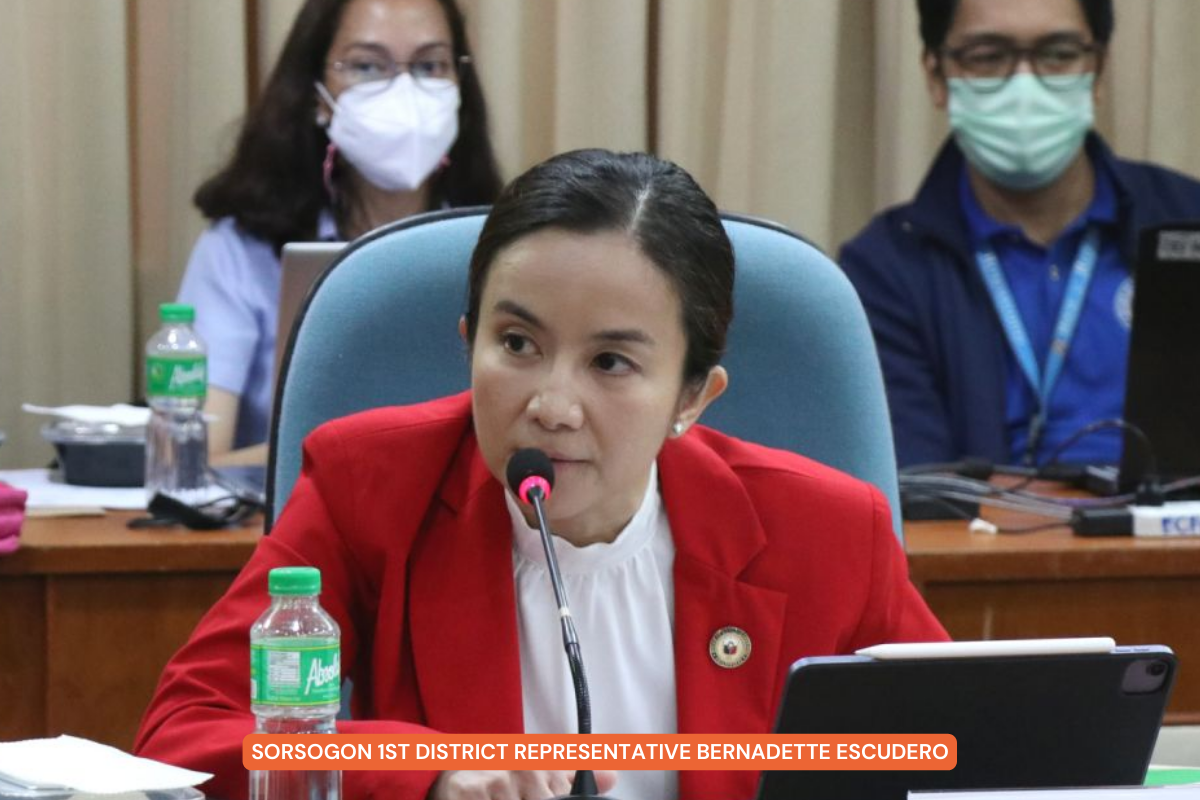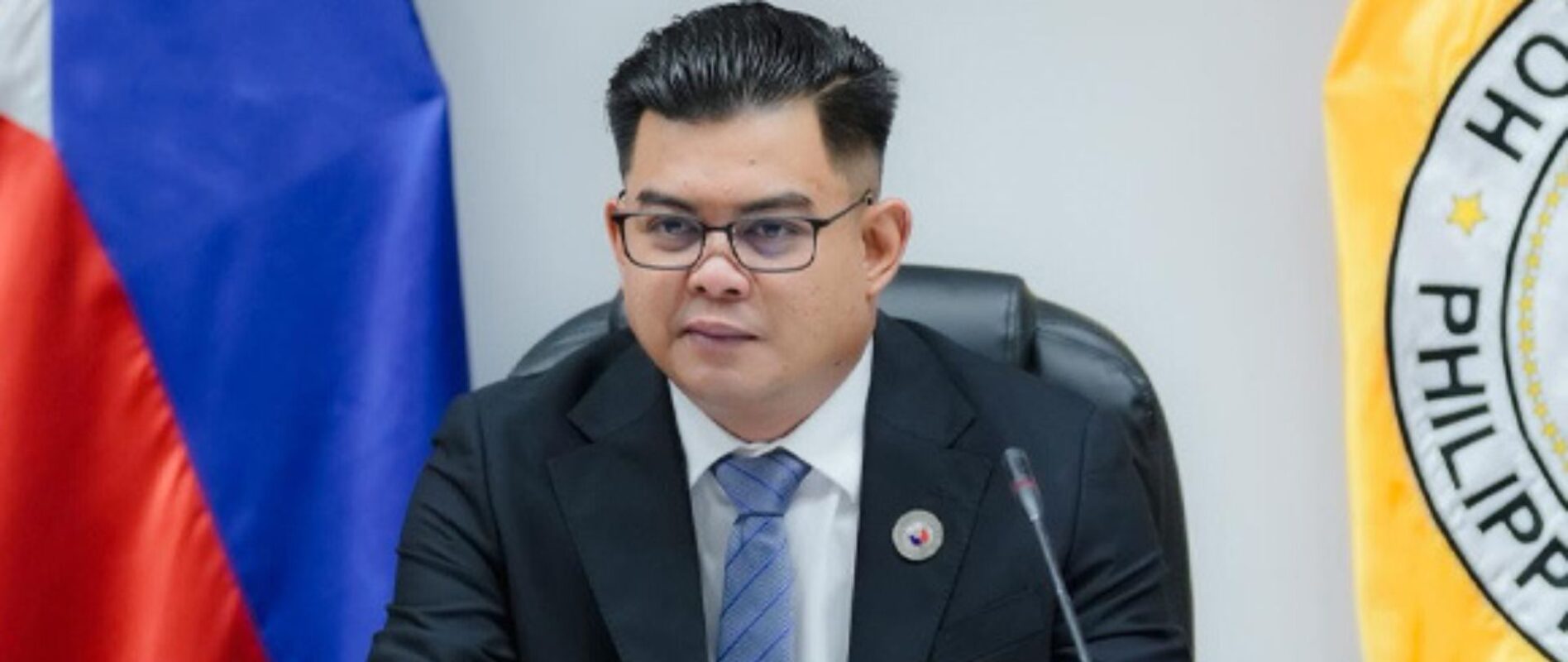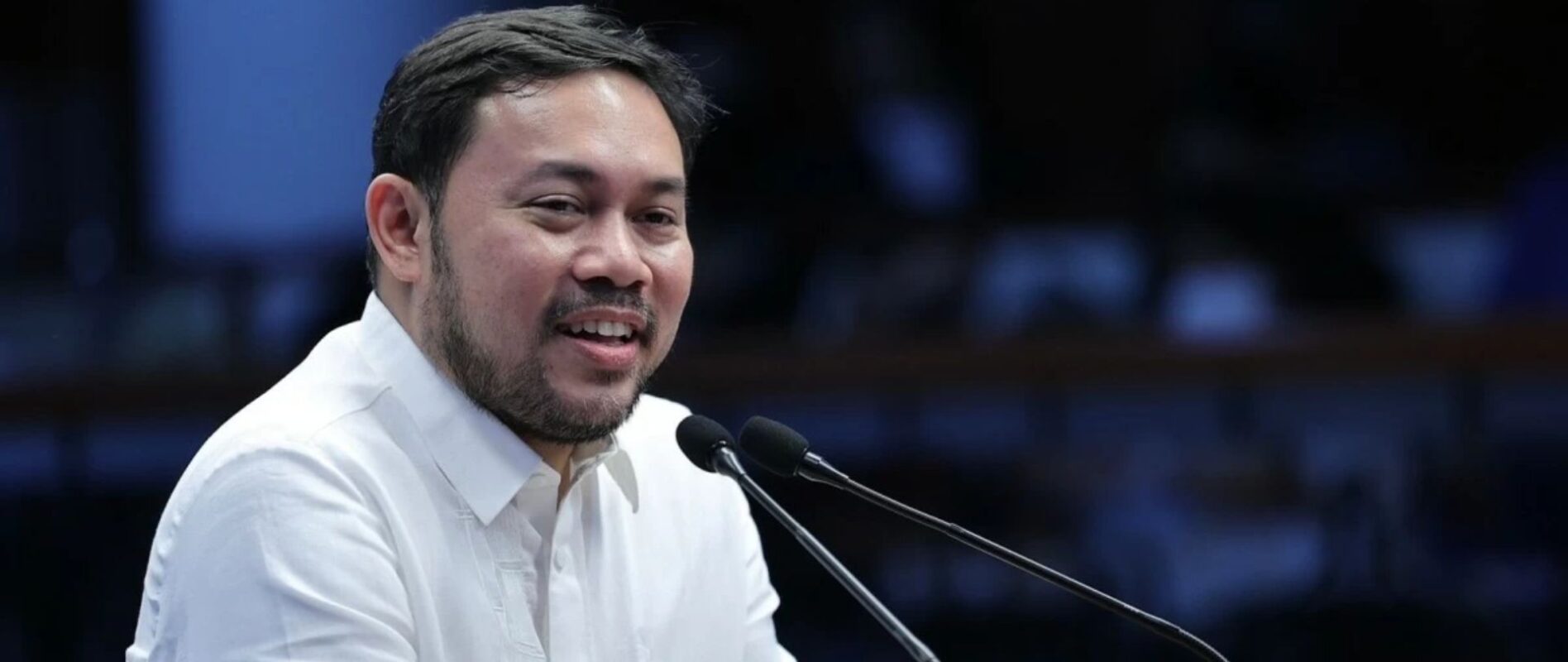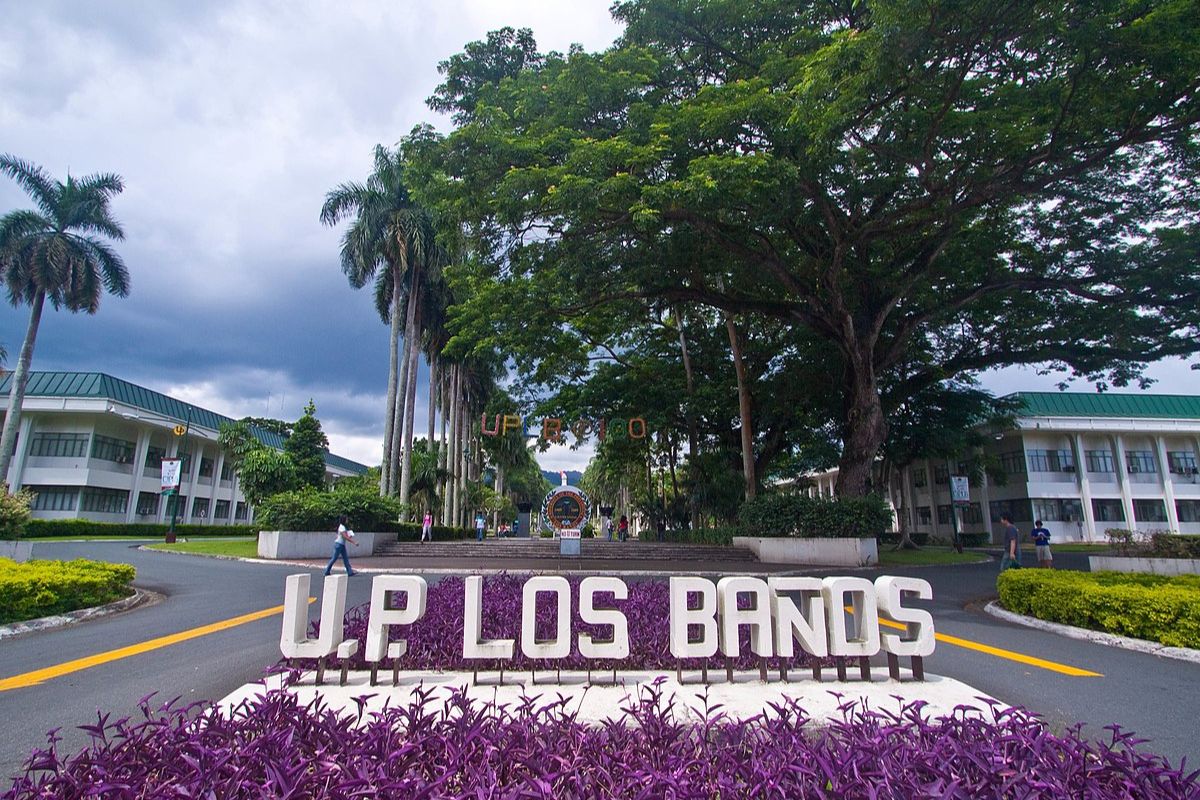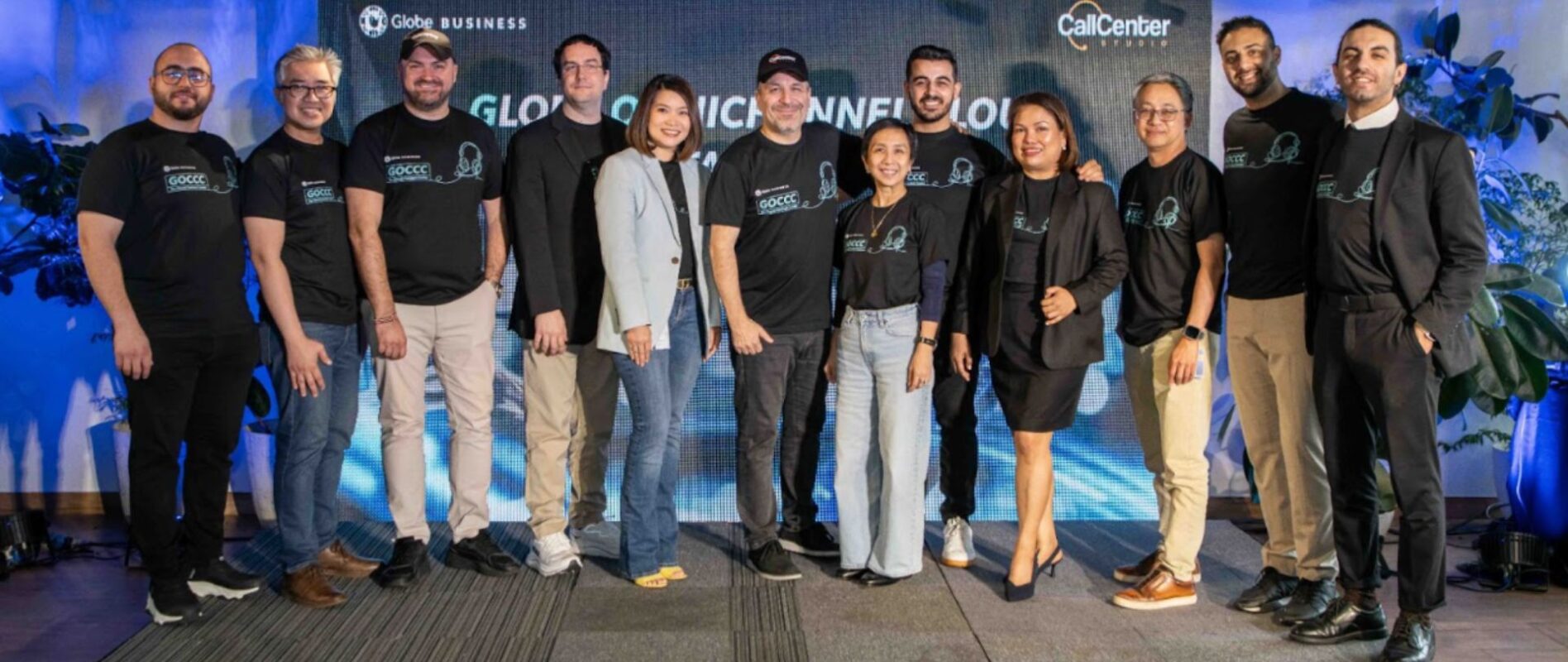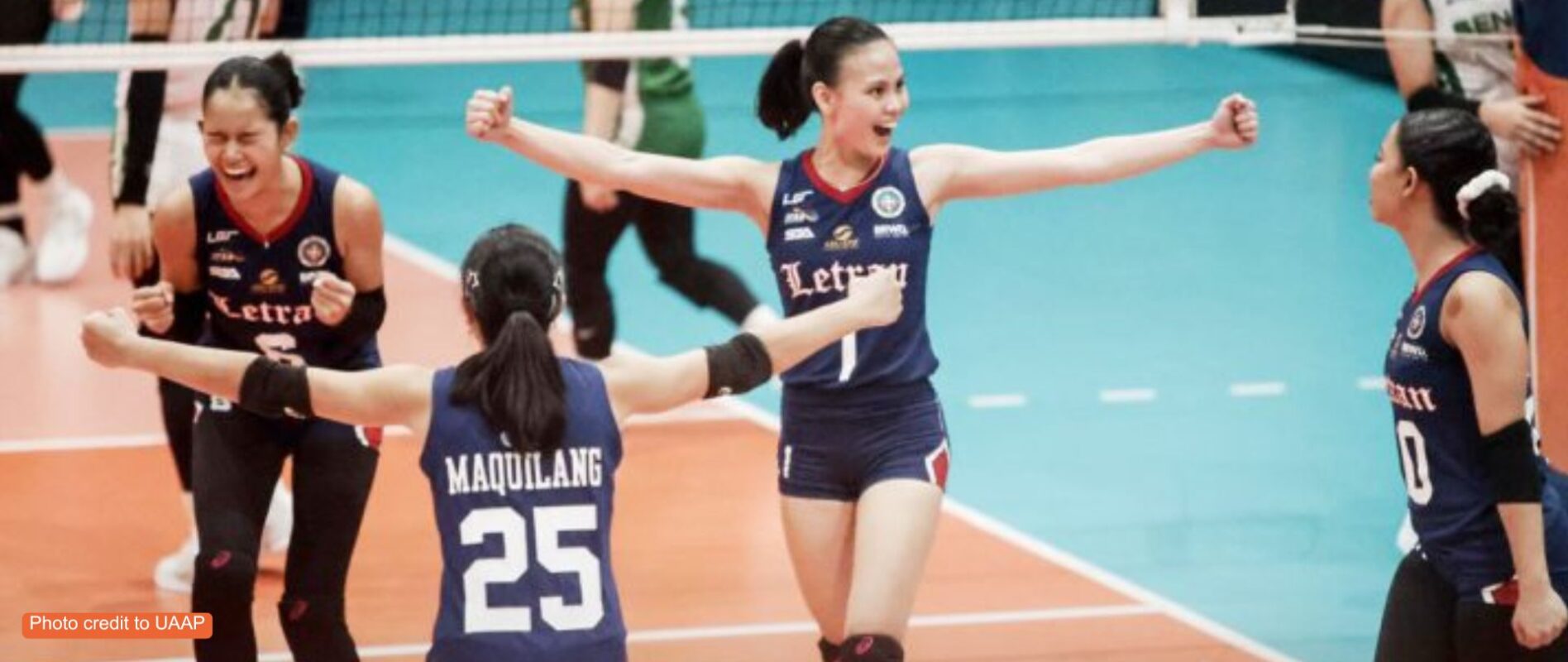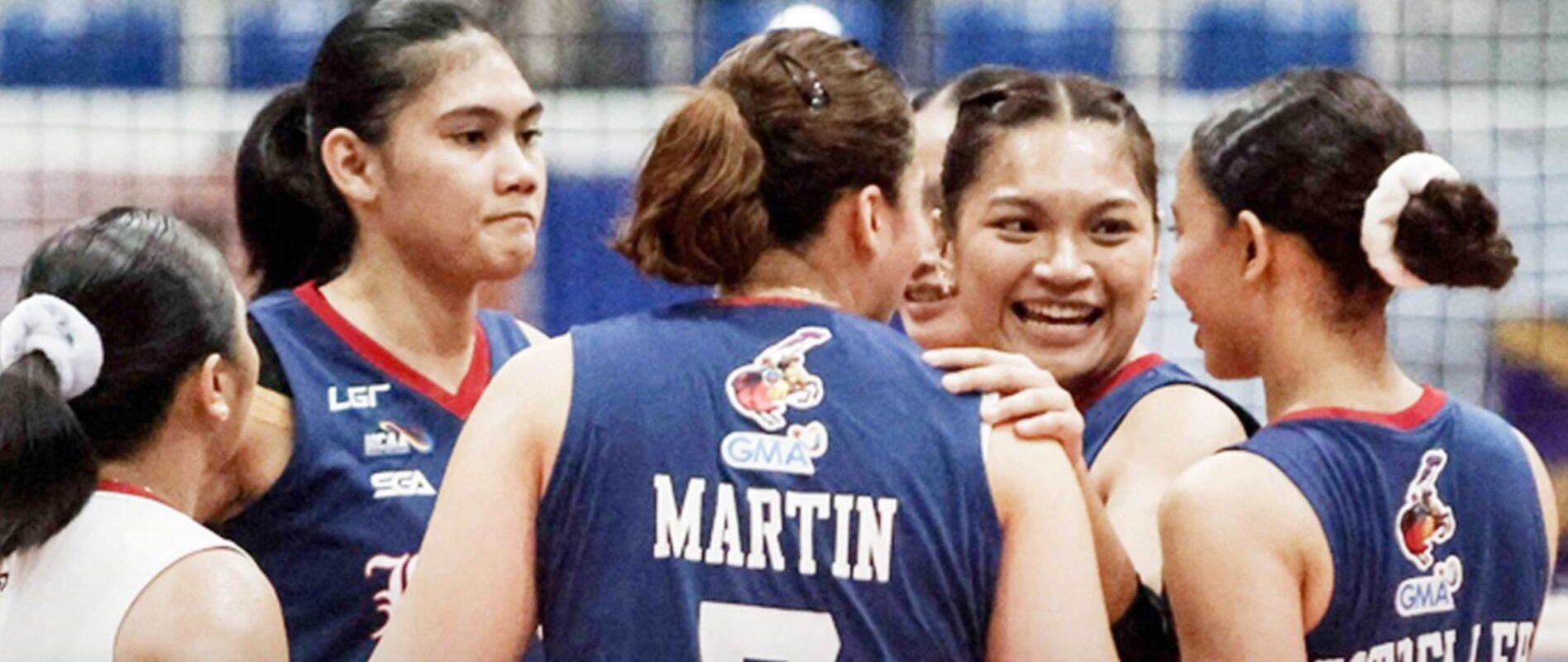TESDA, DMW INK PACT TO BOOST OFW EMPLOYMENT
THE TECHNICAL Education and Skills Development Authority (TESDA) and the Department of Migrant Workers (DMW) have formalized a partnership to enhance the skills and employability of overseas Filipino workers (OFWs) and their dependents.
TESDA Director General Jose Francisco “Kiko” B. Benitez and DMW Secretary Hans Leo J. Cacdac signed a memorandum of agreement on October 15 at the TESDA Women’s Center in Taguig City.
“This is TESDA’s contribution to equip Filipinos with the necessary skills and knowledge while they are still in the country, once in their host country, and upon their return to the Philippines,” Benitez said.
Under the agreement, TESDA will conduct orientations on available programs and services for OFWs and their families, as well as provide skills training, assessment, and certification based on priority skills identified by the DMW.
TESDA will also offer language and culture training for outbound OFWs, implement an Overseas Scholarship Program, and conduct competency assessments for OFWs abroad. Additionally, TESDA will run capability-building interventions for trainers and assessors endorsed by DMW.
For its part, the DMW will advocate for training programs focused on upskilling, reskilling, and cross-skilling, including Competency Assessment and Certification.
The DMW will identify and recommend eligible OFWs and their family members to TESDA for training, endorse returning OFWs qualified to become trainers or assessors, and provide TESDA with labor market information to better align skills development with global demands.
“Let us continue working together to strengthen the competence of our OFWs, build a robust, agile, globally competitive, and world-ready workforce, and improve the quality of life of the OFWs and their families,” Benitez added.
DMW Secretary Cacdac also highlighted the importance of the collaboration in supporting OFWs, saying, “Skills are the highest form of protection. The more skills our workers bring into their host country, the better suited they are to integrate and protect themselves in the process.”

